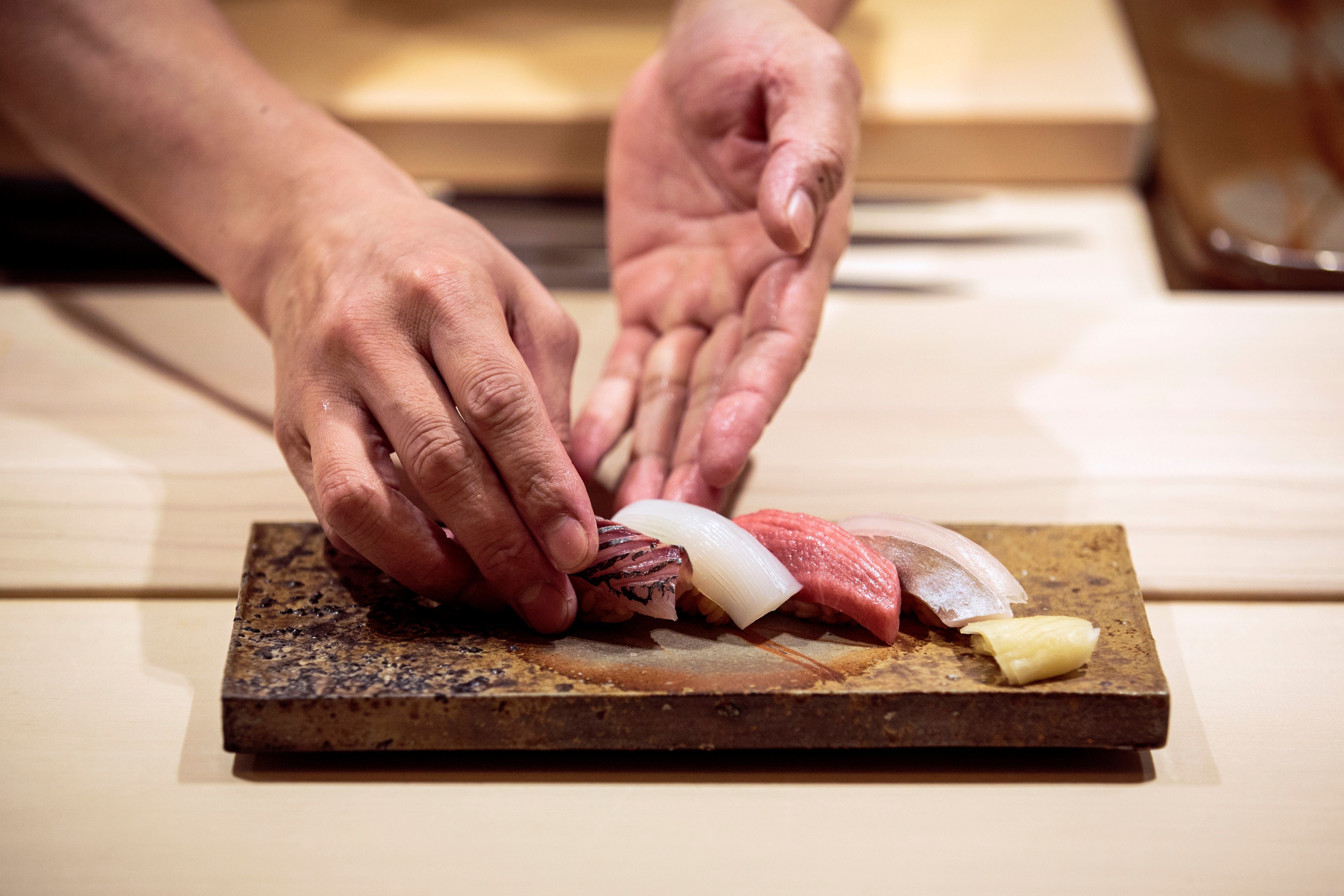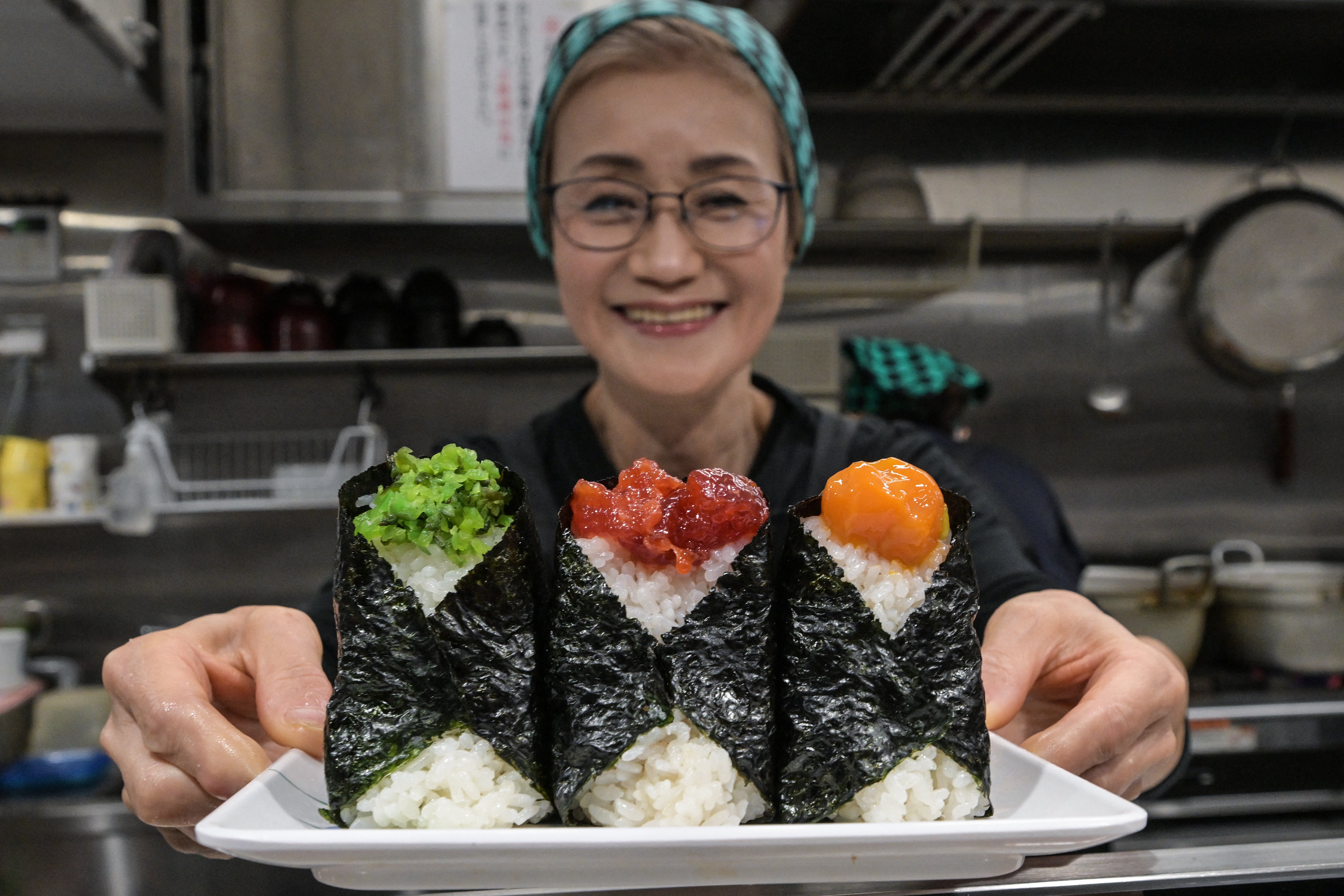Your support helps us to tell the story
From reproductive rights to climate change to Big Tech, The Independent is on the ground when the story is developing. Whether it's investigating the financials of Elon Musk's pro-Trump PAC or producing our latest documentary, 'The A Word', which shines a light on the American women fighting for reproductive rights, we know how important it is to parse out the facts from the messaging.
At such a critical moment in US history, we need reporters on the ground. Your donation allows us to keep sending journalists to speak to both sides of the story.
The Independent is trusted by Americans across the entire political spectrum. And unlike many other quality news outlets, we choose not to lock Americans out of our reporting and analysis with paywalls. We believe quality journalism should be available to everyone, paid for by those who can afford it.
Your support makes all the difference.Japan is mulling letting restaurant customers take leftovers home in a bid to reduce food wastage, according to draft guidelines from the country’s health ministry.
Japanese authorities typically impose restrictions on packing and taking leftover meals home due to fears about contamination.
Now, though, the health ministry wants people to take leftovers home but advises skipping raw food like sashimi and using clean chopsticks for transferring it to containers.
The risk of food poisoning, however, means many eateries are still hesitant about takeout food.
The draft guidelines, disclosed on Wednesday, state that customers should drain fluid from leftover food as much as possible and wear disposable gloves or sanitise their hands before transferring it into containers. Any customer that does not finish their food at the restaurant is required to take it away.

The guidelines require eateries to provide disinfectant or disposable gloves to customers if necessary and ensure that containers used to take away leftover food are clean. They are also required to categorise dishes that are fit to be taken home.
a proposal to let customers bring their own containers was dropped over hygiene concerns.
If accepted, the health ministry’s draft guidelines will likely be finalised by the end of this year and implemented from next April.

Food wastage is a critical issue in Japan which recorded an estimated 4.72 million tonnes of food loss in 2022. Nearly 2.36 million tonnes of the wasted food was leftovers at restaurants and unsold items in shops.

Join our commenting forum
Join thought-provoking conversations, follow other Independent readers and see their replies
Comments